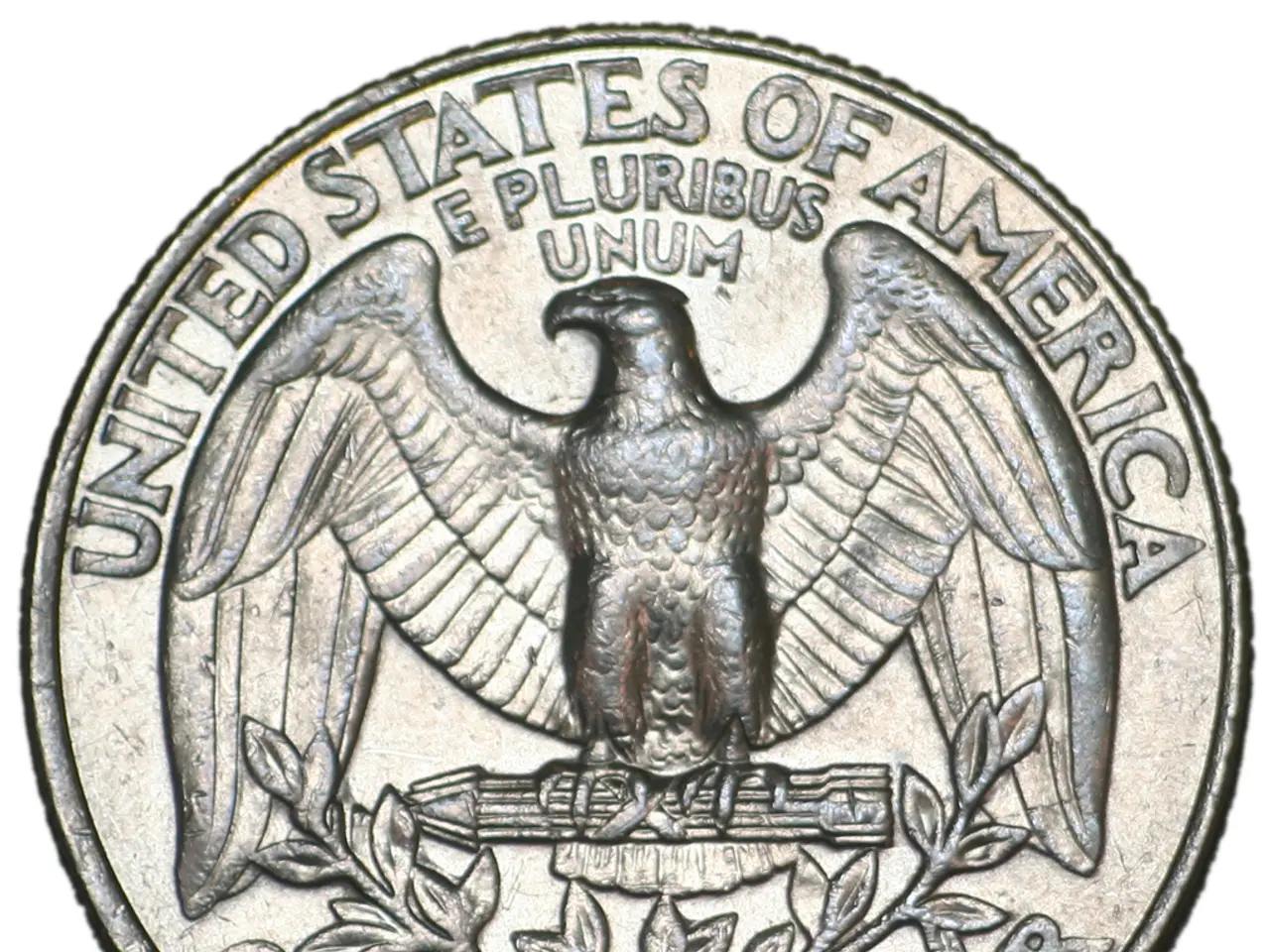High-End CarDealership in California Embraces Cryptocurrency, Accepting Payments in Bitcoin
California, a global hub of innovation and technology, is leading the charge in mainstream cryptocurrency adoption across various industries. The current status of this digital revolution in the Golden State is shaped by a blend of cautious regulatory advancement and growing institutional interest.
### Regulatory Landscape and Business Implications
The California Digital Financial Assets Law (DFAL), initially slated for full implementation in 2024, has been delayed until 2025 through Assembly Bill 1934. This postponement provides businesses more time to comply with licensing, consumer protections, and reporting requirements, aiming to strike a balance between fraud prevention and industry growth.
California's AB 1052, effective from July 1, 2026, authorises but does not require state and local government agencies to accept cryptocurrency payments for goods or services. This move represents a cautious yet clear legal step toward integrating crypto into public transactions, allowing local discretion to avoid forced mandates or fees that previously faced resistance.
At the corporate level, regulatory easing by federal agencies has removed barriers for businesses to hold and use digital assets, enabling companies with strong compliance frameworks to integrate crypto without needing advance regulatory approval.
### Implications for Businesses and Consumers
The evolving regulatory clarity and permissive approach to crypto payments allow businesses to explore new financial strategies, such as digital asset holdings and transactions, with reduced regulatory uncertainty. Businesses in California, including public agencies, can start offering crypto payment options, potentially attracting crypto-using consumers and reducing transaction friction.
Californians may increasingly experience cryptocurrency as a payment method for government services and some private sector transactions, enhancing convenience and financial inclusion. However, protections remain a priority, with licensing and consumer safeguards embedded in the DFAL to prevent fraud. The gradual, opt-in approach by public bodies mitigates risks of sudden systemic disruptions.
### Opportunities and Challenges
Crypto payments present opportunities for businesses, but also come with challenges that need to be addressed. Adopting crypto payments requires businesses to invest in education, cybersecurity, and safe payment infrastructure. Despite these challenges, businesses adopting digital currencies in California can gain access to a new class of global and tech-savvy customers.
California's approach, blending cautious regulation with permissive adoption, positions it as a national leader in crypto integration, promoting innovation while protecting users. The delayed law enforcement timeline and ongoing reports will inform future policy refinements, potentially serving as a blueprint for other states.
### Notable Adopters and Transactions
CJ Wilson, a former Major League Baseball pitcher, now owns a luxury car dealership in Fresno, California, that accepts Bitcoin payments. Wilson recently sold a Lamborghini to a buyer in Hong Kong entirely in Bitcoin, underscoring the borderless nature of crypto transactions. Wilson believes that people want to use crypto for its smooth transactions, especially through services like BitPay.
Crypto casinos are another industry adopting similar models, offering fast transactions, more privacy, and access to a global audience. As California continues to embrace cryptocurrency, it is poised to become a prime location for the use of digital assets in everyday purchases.
- The California Digital Financial Assets Law (DFAL), originally planned for full implementation in 2024, has been delayed until 2025, giving businesses more time to adjust to licensing, consumer protection, and reporting requirements.
- California's AB 1052, effective from July 1, 2026, permits but does not obligate state and local government agencies to accept cryptocurrency payments for goods or services, indicating a deliberate move toward integrating crypto into public transactions.
- Regulatory ease from federal agencies has removed barriers for businesses to hold and use digital assets, allowing companies with robust compliance frameworks to incorporate crypto without requiring advance regulatory approval.
- The evolving regulatory clarity and permissive approach to crypto payments allow businesses in California, including public agencies, to offer crypto payment options, potentially attracting crypto-using consumers and reducing transaction friction.
- CJ Wilson, a former Major League Baseball pitcher, has adopted Bitcoin payments at his luxury car dealership in Fresno, California, and recently sold a Lamborghini to a buyer in Hong Kong entirely in Bitcoin, illustrating the borderless nature of crypto transactions.




